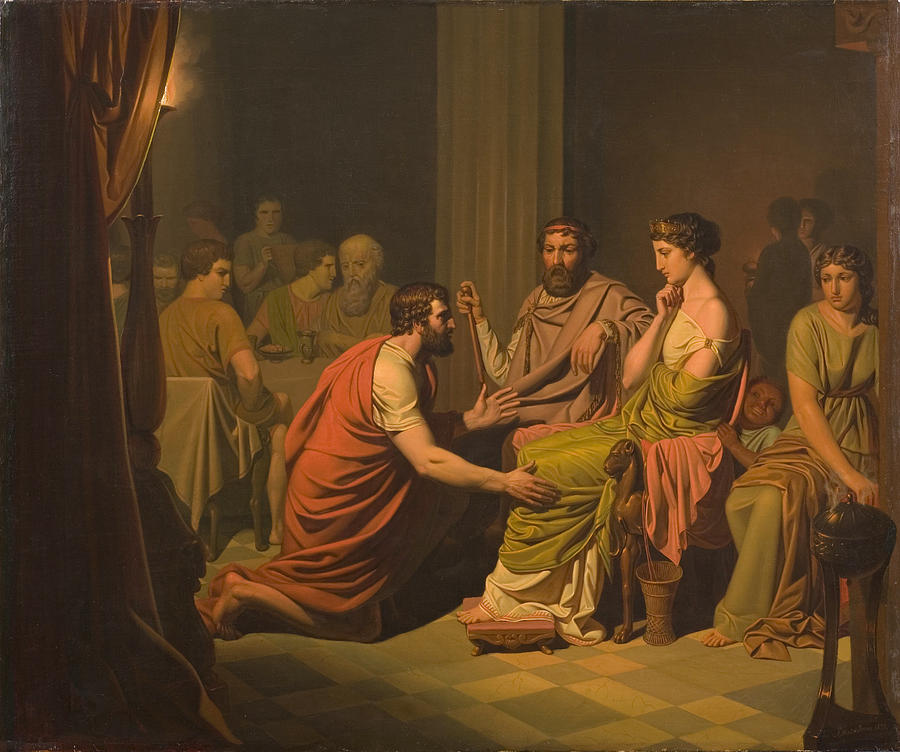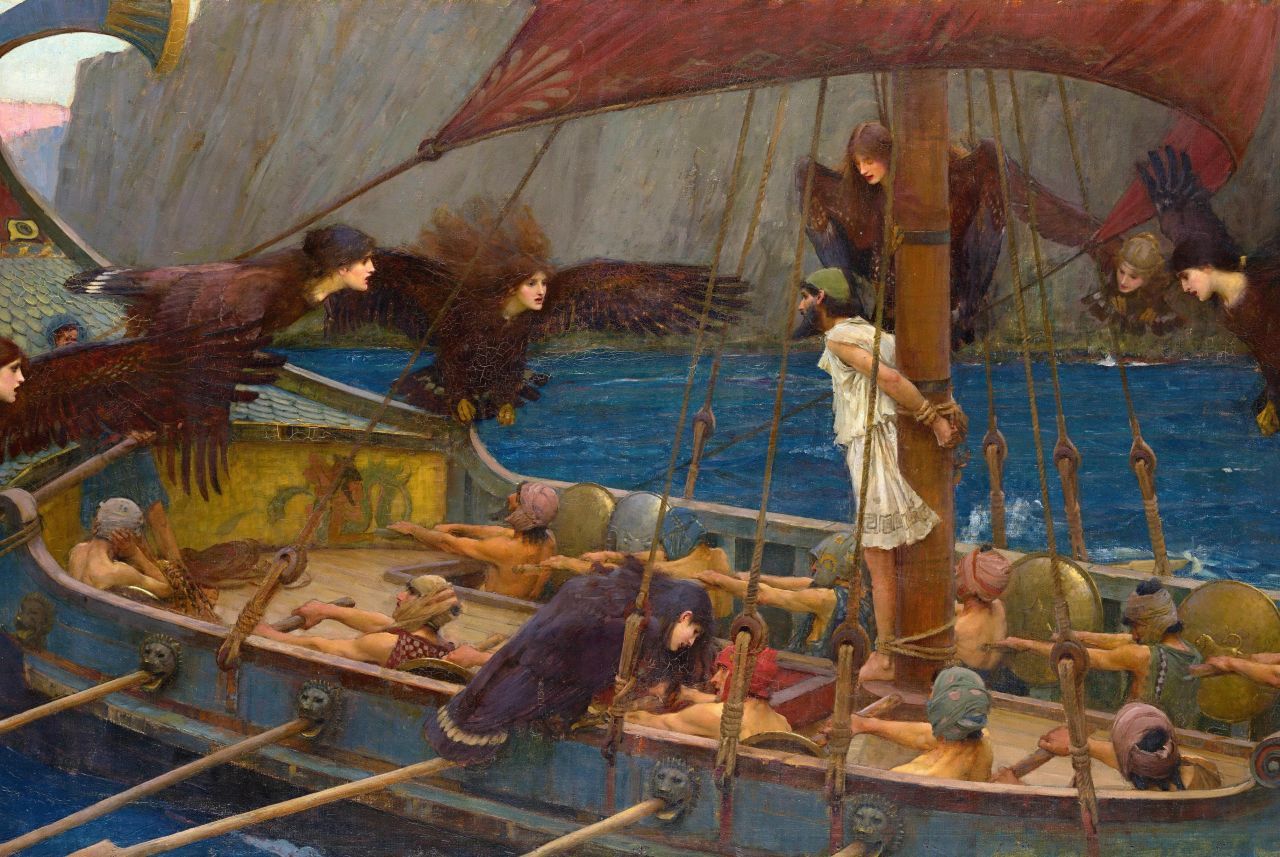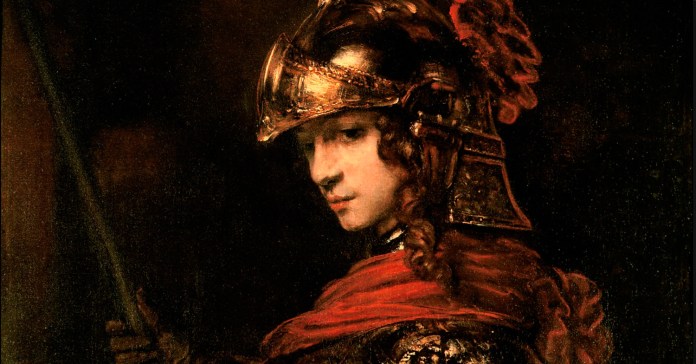Written by Justin D. Lyons, Contributing Writer, Classical Wisdom
The most well-known episodes in Homer’s Odyssey are the adventures described in Books 9-12. Full of one-eyed giants, amorous goddesses and narrow escapes, they are considered the most memorable and thus most likely to be included in collections of excerpts. They have received so much attention that it is often forgotten that they make up only a small part of the epic—an epic that is far more concerned with the homecoming of Odysseus than with his wanderings.
These stories are told in the first person by Odysseus himself. Given what we know of his character from both the Iliad and the Odyssey, Odysseus does not hesitate to deceive when circumstances allow. Thus, we should carefully consider the veracity of his tales. After all, Homer calls Odysseus a “man of twists and turns,” and we expect him to live up to the description.
Odysseus’ reputation thus begs the question: Is it possible that the tales are not meant to be taken as relating “real” events? In other words, could it be that Odysseus did not actually have these adventures, or at least did not have them as he relates them?
The stories Odysseus tells have a fairy-tale, magical quality about them that is different from the rest of the Odyssey. The unreal, dream-like world of monsters and enchantresses is distinct from the more realistic, historical world of Ithaca and the Greek mainland. Further, Odysseus’ stories interrupt the forward-moving time scheme of the poem; they have the character of flashbacks, contributing to the feeling of “unreality.”
But come, my friend, tell us your own story now, and tell it truly. Where have your rovings forced you? What lands of men have you seen, what sturdy towns, what men themselves? Who were wild, savage, lawless? Who were friendly to strangers, god-fearing men? Tell me, why do you weep and grieve so sorely when you hear the fate of the Argives, hear the fall of Troy? That is the god’s work, spinning threads of death through the lives of mortal men, and all to make a song for those to come… (Odyssey, VIII.640-650)
‘Ah Odysseus,’ Alcinous replied, ‘one look at you and we know that you are no one who would cheat us—no fraud, such as the dark soil breeds and spreads across the face of the earth these days. Crowds of vagabonds frame their lies so tightly that none can test them. But you, what grace you give your words, and what good sense within!’ (Odyssey,XI. 410-415)
“Any man—any god who met you–would have to be some champion lying cheat to get past you for all-round craft and guile! You terrible man, foxy, ingenious, never tired of twists and tricks—so not even here, on native soil, would you give up those wily tales that warm the cockles of your heart!”












No comments yet. You should be kind and add one!
Our apologies, you must be logged in to post a comment.